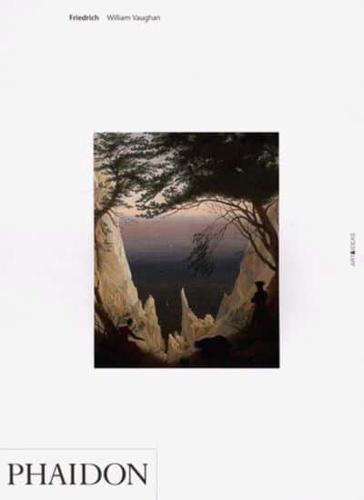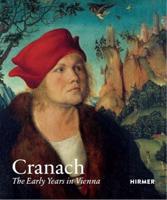Publisher's Synopsis
Caspar David Friedrich (1774-1840) is now recognized as a leading artist of the German Romantic movement of the early nineteenth century. He is known as the painter of images of a strange and compelling beauty: mysterious landscapes with barren trees, figures silhouetted against the evening sky, and gothic ruins in wintry mists.
The meaning of these pictures has long been disputed, but William Vaughan argues that Friedrich's aim was to convey the spiritual experience of life. For Friedrich, the contemplation of nature can lead us to understand the deeper meaning of things. In this emphasis on feeling, and focus on landscape, Friedrich was very much the product of his times.
In this captivating book, Vaughan discusses all aspects of the artist's life and career, from his childhood as the son of a soapmaker in Pomerania, to his adulthood in Dresden, where he achieved such fame that his paintings were bought by the Prussian royal family and the Russian Tsar. Friedrich's radical political sympathies, however, were to affect his reputation and, as the author reveals, it was only in the late twentieth century that the enigmatic quality of his paintings began to be fully valued and he gained truly international recognition.











